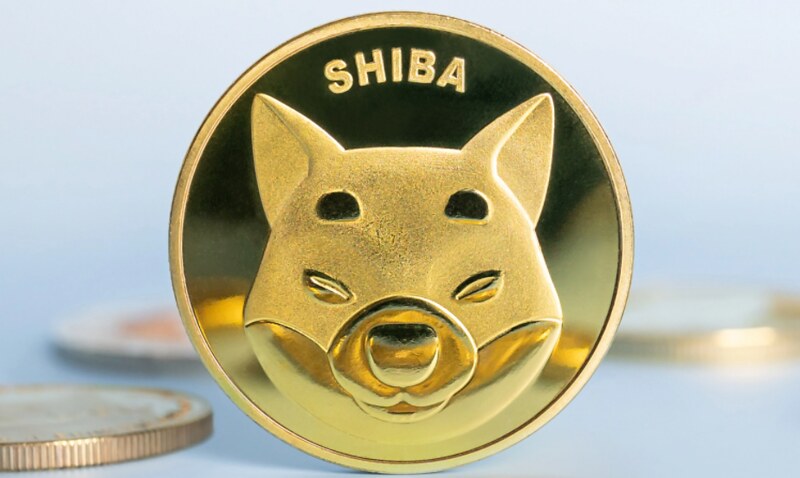
Shiba Inu, the developer of Shibarium – an Ethereum layer-2 (L2) scaling solution – successfully launched their platform on Aug. 16. During the beta phase, which attracted millions of users and created 21 million wallets, Shibarium showcased its efficiency.
This L2 solution utilizes a unique consensus mechanism called proof-of-participation (PoP), focusing on validators’ stake in the corresponding cryptocurrency rather than computationally intensive proof-of-work schemes. By integrating with the Ethereum layer-1 (L1) blockchain, Shibarium offers faster and more cost-effective transactions.
Shiba Inu gained popularity as a meme cryptocurrency during the bullish market of 2020–2021, briefly surpassing Dogecoin in market capitalization. However, it experienced a significant decline of over 80% during the subsequent bear market.
Despite this setback, the Shiba Inu community remained committed to the project and developed a decentralized ecosystem around it. This ecosystem includes ShibaSwap (a decentralized exchange), BONE (the native token), a metaverse, and a Web3 game. Prior to Shibarium’s launch, SHIB’s price reached a multiweek high.
Shibarium Attracts Over 100 Projects
Prior to the launch of Shiba Inu’s mainnet, the lead developer known as Shytoshi Kusama revealed that the L2 solution has garnered significant interest from new projects. Through a screenshot shared on X (formerly Twitter), it was showcased that over 100 projects are already building on Shibarium.
Builders on #Shibarium 👀🔥🔥🔥
既にこんなに多くのプロジェクトが集まってる!!#SummerOfShibarium pic.twitter.com/rn3PZvTkpV
— KURO🐾SHIBARMY JPN🇯🇵 (@kuro_9696_9696) August 15, 2023
Kusama emphasized the importance of community and decentralization in driving these technological advancements. He explained how Shibarium embodies these principles while adhering to decentralized operations and user-centric design in both blockchain and the broader technology sector.
Furthermore, Kusama highlighted that Shibarium’s innovation lies not only in its validator and delegator roles but also in its framework, governance, and charter for managing various aspects of the ecosystem such as technology, community, protection, and innovation.
By incorporating Shibarium for governance alongside self-sovereign identity (Shibizenship) and forging partnerships with other like-minded entities within the metaverse, they aim to redefine nationhood upon the principles of decentralization.
Related Reading | Chainlink’s Dormant Giant Awakens: Whales Accumulate As Support Holds Strong
Additionally, Shibarium will utilize Heimdall as a validator. Moreover, Bor will function as a block producer nodes, much like those in Polygon’s ecosystem. It’s important to note that Heimdall will employ the Tendermint consensus engine. Similarly, Bor will showcase compatibility with Ethereum Virtual Machine.








